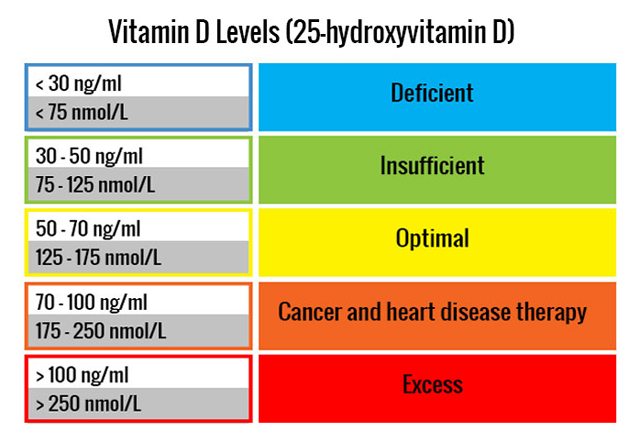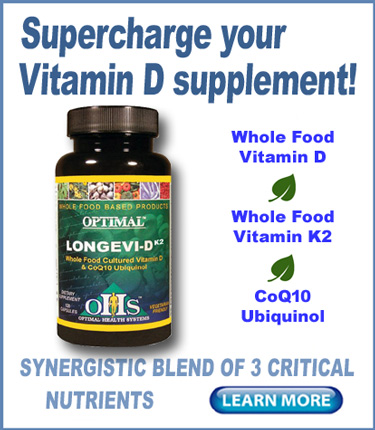Viruses may be in the news a lot lately, but they are not new. In fact, different viruses are the primary cause of hundreds of thousands of deaths each year.
Remember, influenza and your common cold are viruses.
Pneumonia, AIDS, HPV, and viral hepatitis are also caused by viruses. As are a host of other medical conditions.
Research into how to prevent the devastation caused by viruses is also not a new subject. And in this research Vitamin D is likely the most-researched nutrient.
Here are five diverse studies demonstrating how Vitamin D supports the body against viral attacks:
Protection for winter months – Study 1
Research reported in the Journal of Leukocyte Biology in 2012 determined that increased Vitamin D intake, especially in older populations, strengthens people’s innate immunity against viral infections during the winter.
The study, which was conducted in Spain, noted that Vitamin D levels decrease during the winter, and explains why people are more prone to viral infection during the fall and winter months.
“This study shows that sunlight, or more precisely the lack of Vitamin D, could have a role in the seasonally higher rates of infection. More extensive studies must be conducted for this link to be conclusive, but since Vitamin D supplements are inexpensive and generally safe, this is a really exciting discovery,” said John Wherry, Ph.D., Deputy Editor of the Journal of Leukocyte Biology.
Source: Federation of American Societies for Experimental Biology.
Boosts the power of the lungs – Study 2
Vitamin D supplements protect against acute respiratory infections including colds and flu, according to a study led by Queen Mary University of London.
The study included 110,000 participants in 25 clinical trials. The research was published in The British Medical Journal in February, 2017.
According to the researchers, Vitamin D is thought to protect against respiratory infections by boosting levels of antimicrobial peptides—natural antibiotic-like substances—in the lungs.
Source: Science Daily.com.
Reduces seasonal flu in the U.S. – Study 3
Supplementing Vitamin D helped reduce the incidence and severity of viral respiratory tract infections including influenza, in a study conducted by investigators at Greenwich Hospital and Yale University School of Medicine.
The double-blinded study was conducted over the 2009-2010 flu season, during which time the participants had blood samples drawn monthly.
During the study period participants taking Vitamin D reported less acute respiratory tract infection (nasal congestion, sore throat, and/or cough with or without fever, chills, fatigue and general malaise).
Sources: InfectionControlToday.com, Plos.org.
Reduces seasonal flu in Japan – Study 4
Increased intakes of Vitamin D reduced the incidence of seasonal flu by over 40%, according to results of a randomized, doubl-blind, placebo-controlled study from Japan.
The research was published in the American Journal of Clinical Nutrition in March, 2010.
The study, which included 334 schoolchildren, determined that flu incidence rate” was 11% in the group given Vitamin D3, compared to 19% in the placebo control group.
Source: NutraIngredients-USA.com.
Especially beneficial for elderly – Study 5
Researchers at the University of Colorado Anschutz Medical Campus found that high doses of Vitamin D reduced the incidence of acutue respiratory illness in older, long-term care residents.
The length of the study was 12 months, and the average age of the participants was 84. The results were published in the Journal of the American Geriatrics Society in November, 2016.
Lead author of the study, Adit Ginde, MD, MPH stated: “After studying these patients for a year, we found a 40% reduction in acute respiratory illness among those who took higher doses of Vitamin D. Vitamin D can improve the immune system’s ability to fight infections because it bolsters the first line of defense of the immune system.”
When it comes to supplementing vitamin D, the whole food supplements from Optimal Health Systems can provide options.
Click the links below to learn more.
Optimal Longevi-D
(with synergistic blend of Vitamin D, Vitamin K2 and CoQ10.)
Optimal 2 Vitamin/Mineral
(with vitamin D and all other essential vitamins and minerals)
Essential DAK1K2
(with synergistic blend of vitamins D3, A, K1 and K2)


